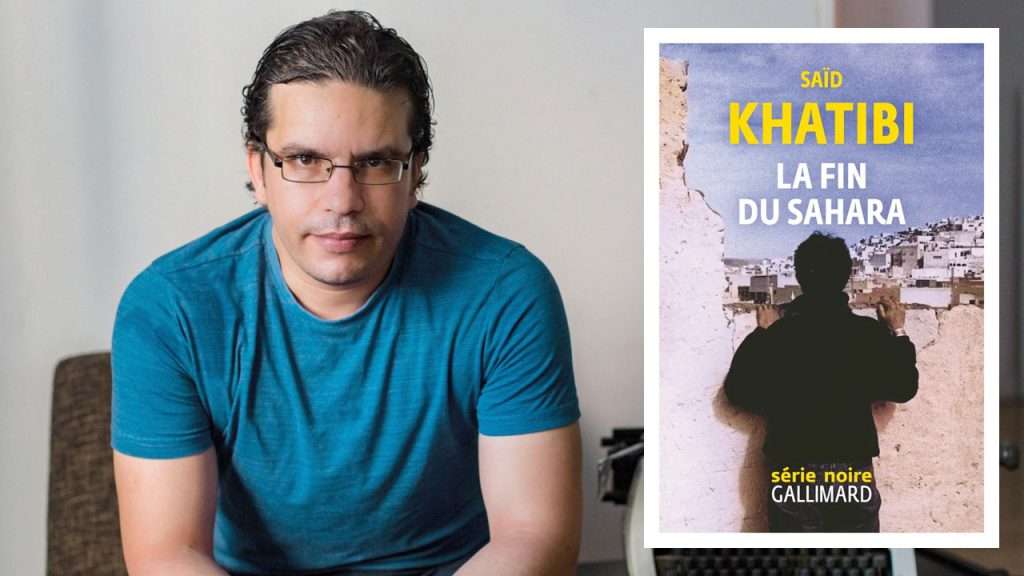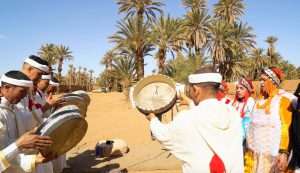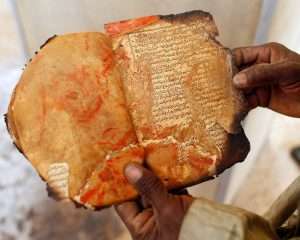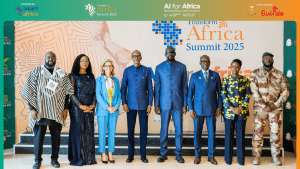Algerian writers and the question of memory

Literature has long been intertwined with politics and memory in Algeria, and a report by the pro-Moroccan North Africa Post published on 23rd August argues that it often preserves what the current government wants to suppress.
Writers have long explored history and political ideology through their work, including difficult chapters of the country’s past. The report states that those who revisit periods described as “current oppression” or the “bloody civil war of the 1990s” risk censorship, marginalisation or imprisonment. The authorities are said to remain cautious about works addressing issues such as repression, corruption or social unrest. Fiction that touches on these subjects is not always banned but is frequently sidelined.
Algerian writer Saïd Khatibi wrote a novel titled La fin du Sahara, which portrays the decline of a desert town in the days leading to the 1988 uprising. Khatibi explores the less pristine sides of life through the death of a singer and the breakdown of a local community, exposing “corruption, religious extremism and the erasure of memory.”
Khatibi’s work is part of a literary resistance which reckons with collective and historical memory. His novel gained recognition abroad but remained absent from Algerian bookshops and press, which the report suggests reflects official unease with narratives that challenge state memory.
Boualem Sansal, one of Algeria’s most acclaimed novelists, was sentenced to five years’ imprisonment for “undermining national unity” by querying Algeria’s colonial borders, the outlet reports. Kamal Daoud, winner of the 2024 Prix Goncourt, faces international arrest warrants for his novel Houris, which explores the trauma of a woman who survives an Islamist massacre during the civil war. The book is banned in Algeria, along with the books of many other sidelined and repressed authors and journalists.
Although times have changed, many literary works still face intense scrutiny from the Algerian government, despite being celebrated in international circles. The tension between state power and literature raises broader questions about how nations confront their histories, and how literature remains one of the few arenas where alternative narratives of the nation’s past endure.
The North Africa Post, Maghrebi
Want to chase the pulse of North Africa?
Subscribe to receive our FREE weekly PDF magazine














